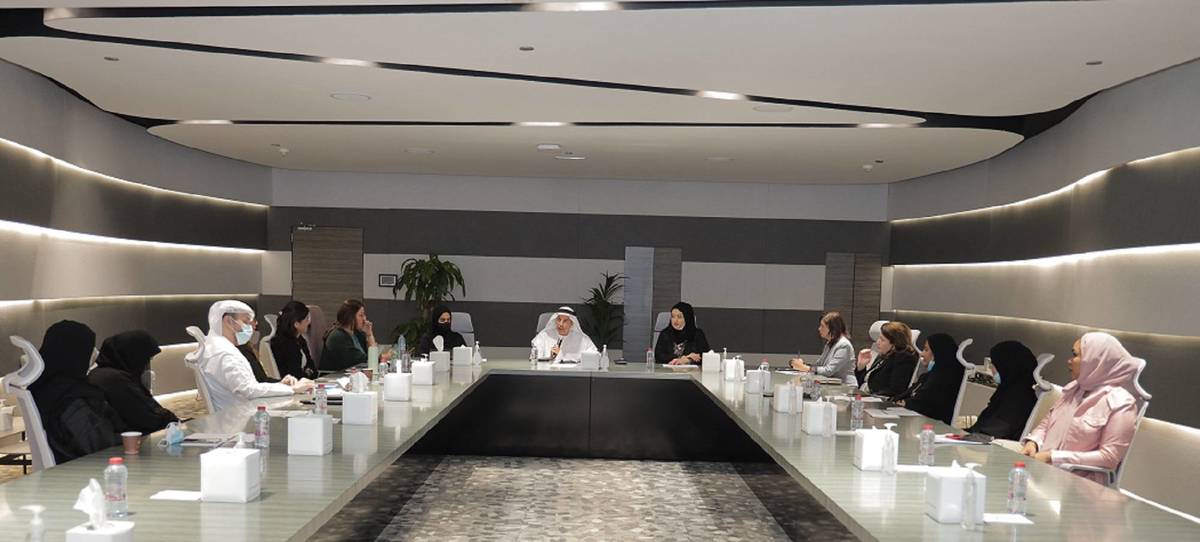Arnette Den Boer
News from the NOS•today, 21:56
Tomorrow Johan Remkes will present his long-awaited advice on the nitrogen crisis, but some farmers do not wait for future plans and seek refuge abroad. But emigrating also has disadvantages and is not the best solution for everyone.
At Interfarms, an agricultural intermediary who also helps farmers emigrate, this year they saw a little revival of interest. When the the infamous nitrogen map appeared indicating where to cut emissions, there were more inquiries, says emigration consultant Richard Roddenhof. “But the interest in emigration has been increasing for years. Since the abolition of the milk quota and the introduction of phosphate rights, it has been an accumulation of rules, contradictions, ambiguities and ad hoc policies. And now we have it again the history of nitrogen. “
Denmark, Sweden and Germany are particularly popular, they know this at Interfarms, but Canada is also popular. It requires some capital, but on the other hand, Canadian farmers aren’t very bothered by government interference.
The Den Boer family can confirm this. The family moved from Dirksland in South Holland to Taber in the province of Alberta in 2015 and now have a thriving arable farm there. “We also have 25 cows, simply because we like it,” says Arnette den Boer. “But there are no regulations for that. Not even for what you do with the manure, you don’t have to report anything.”
Arnette knows whether or not leaving the Netherlands is a difficult choice. “You leave everything behind, friends and family. We have friends who have cattle, they too have thought about emigrating in the past. They didn’t choose it then, but now they are thinking about it.”

own image
She herself has never regretted their choice to go to Canada. “We will never go back. The only thing we regret is that we did not take the step fifteen years ago. Because of the freedom and what we have been able to build on here.”
Den Boer thinks it’s a shame that peasant protests have increased this year in the Netherlands, but she understands that. “People are affected by their livelihood. The frustrations are understandable, but you have to keep using your common sense.”
Doing better than the EU prescribes
Most migrant farmers choose a new life a little closer to home. Denmark is particularly popular, but that country has its own challenges, warns Rick van Heesch. He was born in Oirschot in Brabant and moved as a child in 1994 with his parents to Skive in Jutland. Now he has his own dairy there.
“There is much more room for farmers in Denmark. The price of land is lower and the nitrogen problem is not that important here, but other rules are stricter, especially in the area of animal welfare. For example, the number of square meters per cow is really controlled. The EU says: we want it like this, then they always want to do better in Denmark. It may be more difficult in the Netherlands on one point, but easier on others “.
At the same time, it also includes the anger in the Dutch countryside. “There is no more appreciation for farmers. Does a war or famine have to break out before people understand how important it is that farmers can survive?”
It can also go wrong
He hopes that a solution can be found in which as many farmers in the Netherlands as possible can keep their business. Because emigration is not always a solution. He himself regularly saw it go wrong. “You see people come from the Netherlands with 2 or 3 million euros and buy a company here that is bankrupt. It’s been difficult there for two years, everything is worn out, the cows, the tractors, the stables. their money at that. and often it’s still not enough. “
What some farmers also misjudge is the scale in Denmark, says Van Heesch. “You see breeders going from 100 to 400 cows in one go. So such a farmer no longer works with the cows, but with the staff, and he never did. He used to work 14 hours a day himself, but now it has employees who work only 6 or 7 hours. And then sometimes you see that it fails. It’s a shame. “
I am faced with an increasing number of farmers who no longer see prospects in the Netherlands.
Precisely to prevent these problems, Interfarms carries out a screening of the farms and a multi-year business plan. Roddenhof: “You can find a nice farm in Denmark, but it has to be future-proof and doable. Plus you also have the social part, with your family, which also has to feel good.”
Meanwhile, the growing interest in emigration gives Roddenhof mixed feelings. “It is wonderful to see how farmers settle abroad and enjoy doing business again, but I am faced with more and more farmers who no longer see any prospects in the Netherlands and are struggling with the situation.”
That doesn’t mean they flee the Netherlands, he points out. “You are an entrepreneur and you look at the possibilities, and sometimes I am abroad. Because you can no longer develop your current company and you cannot do what you would like to do. It has been heard a lot that in the Netherlands you knew what he had and opted for that certainty. , but at the moment that kite is not working more and more often. “

:watermark(assets.rndtech.de/gtet/watermark-plus.svg,50,50,0)/cloudfront-eu-central-1.images.arcpublishing.com/madsack/KQPXOU5EKTGDVF6IMGJQRDA2DY.jpg)
